Exploring the Versatility of Carton Bottles
Carton bottles, a sustainable packaging solution, have gained popularity across various demographics due to their eco-friendly nature and diverse utility. These containers cater to hydration needs in multiple settings, from domestic spaces to outdoor adventures. The following sections delve into the characteristics and applications of carton bottles, highlighting their functionality and material composition.
Types and Applications of Carton Bottles
Carton bottles come in an array of types, each serving distinct purposes. Aluminum carton bottles, favored for their lightweight yet robust structure, are the go-to choice for cyclists and hikers. Their ample capacity is perfect for long excursions, reducing the need for frequent refills. Glass variants offer an aesthetic appeal with customization options, allowing for personalization through printing. Despite their elegance, they require careful handling due to their fragility and weight. Stainless steel carton bottles present a fusion of style and practicality, with insulation properties that preserve beverage temperatures. Plastic carton bottles, prevalent in daily use, especially for children, provide a safe and light alternative. Innovations such as insulated, filtered, bamboo, smart, collapsible, and copper carton bottles are also available, catering to a wide range of preferences and needs.
Features and Materials
The materials used in carton bottles are chosen for their durability and safety. Aluminum bottles are corrosion-resistant and often feature a protective inner lining to prevent metal leaching. Glass bottles are made from robust borosilicate glass or tempered glass for enhanced resistance to thermal shock. Stainless steel bottles are constructed with food-grade stainless steel, which is rust-resistant and does not impart flavors. Plastic bottles are typically crafted from BPA-free plastics, ensuring no harmful chemicals contaminate the contents. Other materials like bamboo offer a biodegradable option, while copper bottles bring the benefits of natural antimicrobial properties.
Advantages of Carton Bottles
The advantages of using carton bottles are manifold. They are an environmentally friendly alternative to single-use plastics, often being recyclable and biodegradable. The durability of materials like stainless steel and aluminum means they can withstand the rigors of daily use. Glass bottles, while heavier, provide a pure taste experience and do not retain flavors. Insulation technology in certain bottles ensures drinks remain hot or cold for extended periods, enhancing user convenience. Filtered carton bottles improve water quality by removing impurities, making them ideal for travel or areas with questionable water sources.
Conclusion
In conclusion, carton bottles are a versatile and sustainable choice for hydration needs in various scenarios. With a range of materials and types available, they offer solutions for everyone from the environmentally conscious consumer to the outdoor enthusiast. While providing a multitude of advantages, it is essential to consider the specific requirements of the end-user to select the most appropriate carton bottle type.

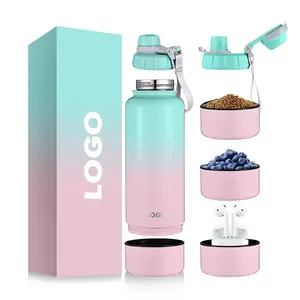






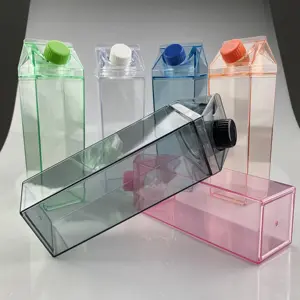

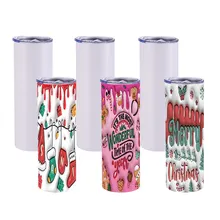

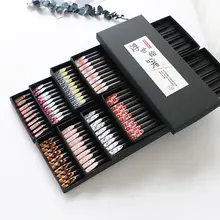

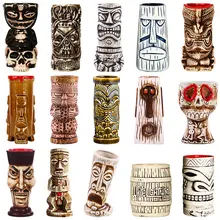
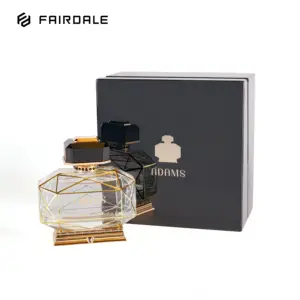










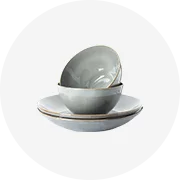













 浙公网安备 33010002000092号
浙公网安备 33010002000092号 浙B2-20120091-4
浙B2-20120091-4